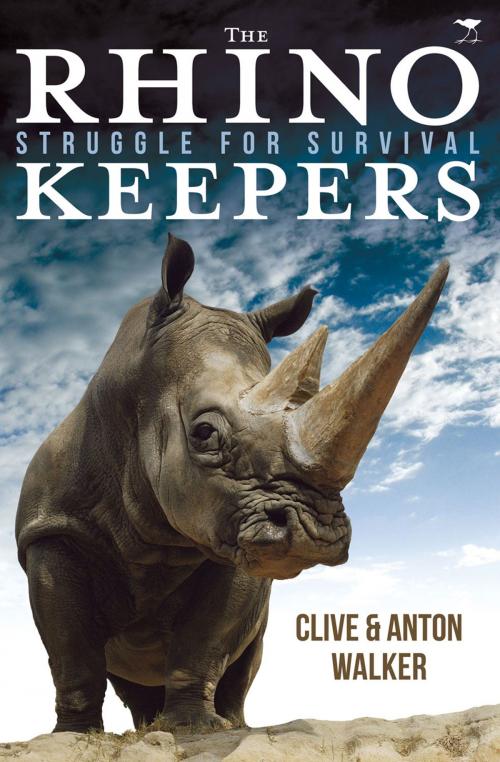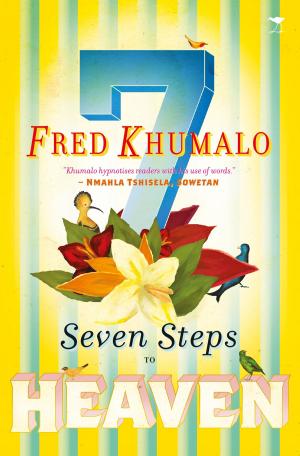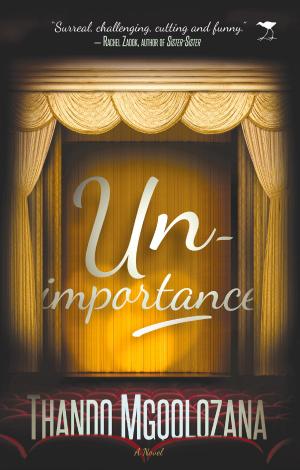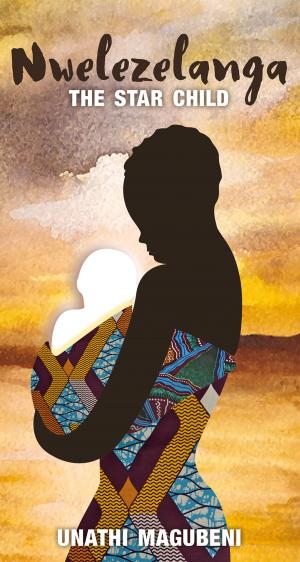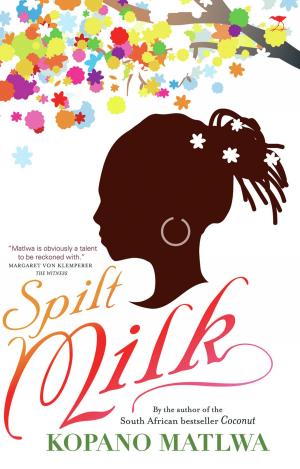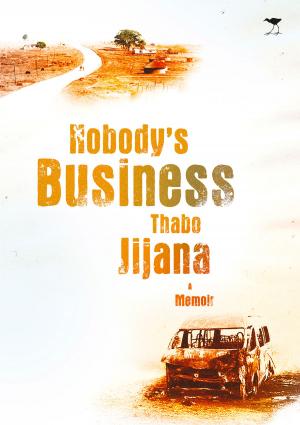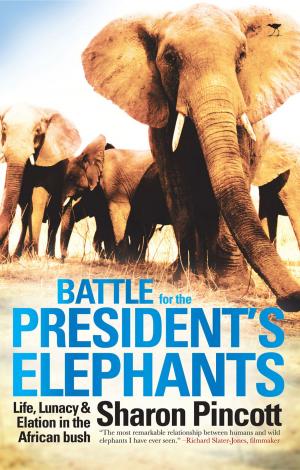| Author: | Clive Walker, Anton Walker | ISBN: | 9781431404681 |
| Publisher: | Jacana Media | Publication: | July 1, 2012 |
| Imprint: | Jacana Media | Language: | English |
| Author: | Clive Walker, Anton Walker |
| ISBN: | 9781431404681 |
| Publisher: | Jacana Media |
| Publication: | July 1, 2012 |
| Imprint: | Jacana Media |
| Language: | English |
The conservation of the rhinos in southern Africa is described in this account of these fascinating animals, the reasons behind their historical decline, the myths that surround them, and the resurrection of the rhinoceros horn trade. Few animals face as violent, as well organized, and as determined an enemy as the world’s rhinos. But across the African continent, they are being slaughtered on a daily basis, and approximately 5,000 black rhinos and 21,000 white rhinos are all that prevent their extinction. This real account of the rhino wars is a harrowing story, underscoring the enormous challenges that lie ahead for conservation in a world where rhino horns sold by the gram raise double the price of gold and are more expensive than cocaine in the end-user Asian markets. Arguing that protecting Africa’s rhinos is of utmost importance, it questions the management of natural heritage and implores readers to recognize their role as rhino keepers of the future.
The conservation of the rhinos in southern Africa is described in this account of these fascinating animals, the reasons behind their historical decline, the myths that surround them, and the resurrection of the rhinoceros horn trade. Few animals face as violent, as well organized, and as determined an enemy as the world’s rhinos. But across the African continent, they are being slaughtered on a daily basis, and approximately 5,000 black rhinos and 21,000 white rhinos are all that prevent their extinction. This real account of the rhino wars is a harrowing story, underscoring the enormous challenges that lie ahead for conservation in a world where rhino horns sold by the gram raise double the price of gold and are more expensive than cocaine in the end-user Asian markets. Arguing that protecting Africa’s rhinos is of utmost importance, it questions the management of natural heritage and implores readers to recognize their role as rhino keepers of the future.
